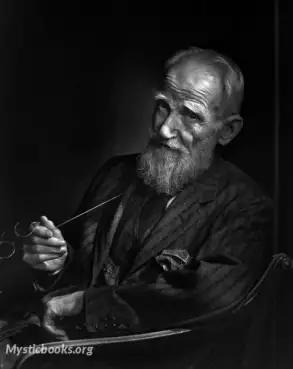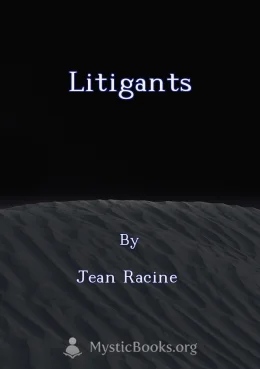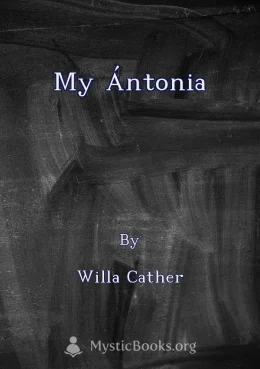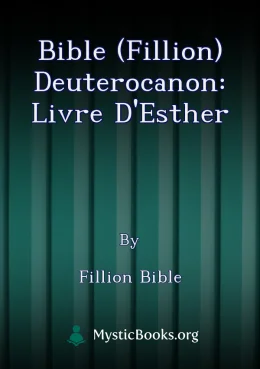
Major Barbara
'Major Barbara ' Summary
Lady Britomart Undershaft, the daughter of a British earl, and her son Stephen discuss a source of income for her grown daughters Sarah, who is engaged to Charles Lomax (a slightly comic figure who continually stupidly says "Oh, I say!"), and Barbara, who is engaged to Adolphus Cusins (a scholar of Greek literature). Lady Britomart leads Stephen to accept her decision that they must ask her estranged husband, Andrew Undershaft, for financial help. Mr. Undershaft is a successful and wealthy businessman who has made millions of pounds from his munitions factory, which manufactures the world-famous Undershaft guns, cannons, torpedoes, submarines and aerial battleships.
When their children were still small, the Undershafts separated; now grown, the children have not seen their father since, and Lady Britomart has raised them by herself. During their reunion, Undershaft learns that Barbara is a major in The Salvation Army who works at their shelter in West Ham, east London. Barbara and Mr. Undershaft agree that he will visit Barbara's Army shelter, if she will then visit his munitions factory.
A subplot involves the down-and-out and fractious visitors to the shelter, including a layabout painter and con artist (Snobby Price), a poor housewife feigning to be a fallen woman (Rummy Mitchens), an older laborer fired for his age (Peter Shirley), and a pugnacious bully (Bill Walker) who threatens the inhabitants and staff over his runaway partner, striking a frightened care worker (Jenny Hill).
When he visits the shelter, Mr. Undershaft is impressed with Barbara's handling of these various troublesome people who seek social services from the Salvation Army: she treats them with patience, firmness, and sincerity. Undershaft and Cusins discuss the question of Barbara's commitment to The Salvation Army, and Undershaft decides he must overcome Barbara's moral horror of his occupation. He declares that he will therefore "buy" (off) the Salvation Army. He makes a sizeable donation, matching another donation from a whisky distiller. Barbara wants the Salvation Army to refuse the money because it comes from the armaments and alcohol industries, but her supervising officer eagerly accepts it. Barbara sadly leaves the shelter in disillusionment, while Cusins views Undershaft's actions both with disgust and sarcastic pleasure.
According to tradition, the heir to the Undershaft fortune must be an orphan who can be groomed to run the factory. Lady Britomart tries to convince Undershaft to bequeath the business to his son Stephen, but neither man consents. Undershaft says that the best way to keep the factory in the family is to find a foundling and marry him to Barbara. Later, Barbara and the rest of her family accompany her father to his munitions factory. They are all impressed by its size and organisation. Cusins declares that he is a foundling, and is thus eligible to inherit the business. Undershaft eventually overcomes Cusins' moral scruples about the nature of the business, arguing that paying his employees provides a much higher service to them than Barbara's Army service, which only prolongs their poverty; as an example, the firm has hired Peter. Cusins' gradual acceptance of Undershaft's logic makes Barbara more content to marry him, not less, because bringing a message of salvation to the factory workers, rather than to London slum-dwellers, will bring her more fulfilment.
Book Details
Authors

George Bernard Shaw
Ireland & England
Born in Dublin, Shaw moved to London in 1876, where he struggled to establish himself as a writer and novelist, and embarked on a rigorous process of self-education. By the mid-1880s he had become a r...
Books by George Bernard ShawDownload eBooks
Listen/Download Audiobook
- Select Speed
Related books

Litigants by Jean Racine
Litigants is a French adaptation of "The Wasps" by Aristophanes. It is a satirical comedy that pokes fun at the legal profession. The play follows the...

Miss Buzby's Boarders by Arthur Lewis Tubbs
The story revolves around Miss Buzby's boarding house, which is full of an eclectic group of theatrical types. As the story unfolds, we learn about th...

Bible (ASV) 08: Ruth by American Standard Version
During the time of the Judges when there was a famine, an Israelite family from Bethlehem - Elimelech, his wife Naomi, and their sons Mahlon and Chili...

Trinummus: The Three Pieces of Money by Titus Maccius Plautus
Trinummus, or The Three Pieces of Money, is an ancient Roman comedy by Titus Maccius Plautus. The play tells the story of Charmides, an Athenian merch...

Weihnachtsabend (Eine Geistergeschichte) (Version 2) by Charles Dickens
In der Weihnachtsnacht begegnet der alte und geizige Ebenezer Scrooge dem Geist seines verstorbenen Geschäftspartners Jacob Marley, der ihm eine düste...

Pretty Sister Of José by Frances Hodgson Burnett
Pepita, a young woman in Spain, is determined to live a life of independence. She witnesses the hardships faced by women who marry and chooses to resi...

Gamester by Susanna Centlivre
The play, 'Gamester', by Susanna Centlivre, centers on the reckless gambling habits of young Valere. His love for Angelica and his pursuit of wealth t...

My Ántonia by Willa Cather
My Ántonia tells the stories of several immigrant families who move out to rural Nebraska to start new lives in America, with a particular focus on a...

Bible (Fillion) Deuterocanon: Livre d'Esther by Fillion Bible
Le livre d'Esther, appartenant au Deuterocanon, raconte l'histoire d'Esther, une jeune femme juive qui devient reine de Perse sous le règne d'Assuérus...

Where Love Is by William John Locke
Norma Hardacre, a captivating woman in London's high society, finds herself drawn to the charismatic but penniless artist Jimmie Padgate. However, she...
Reviews for Major Barbara
No reviews posted or approved, yet...